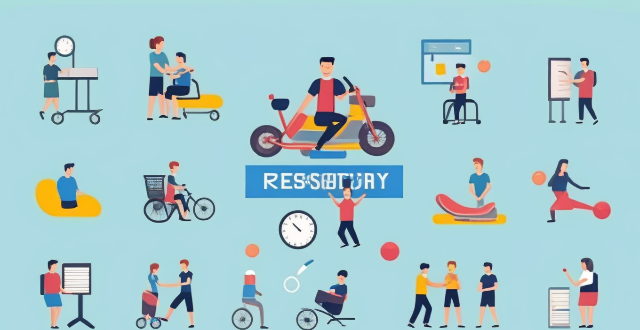Economic recessions significantly impact consumer spending on sports-related activities and products, affecting various aspects of the industry. Reduced disposable income leads to budget cuts and prioritization of basic needs over leisure activities. Changes in consumer behavior include seeking value-oriented options and DIY approaches to sports participation. Decreased ticket sales, cancellations/rescheduling of events, reduced sales of sports goods, and bargain hunting are common during economic downturns. Gym memberships may be canceled in favor of free or lower-cost alternatives, and investment in fitness technology could suffer. Fewer trips for sports tourism and a rise in localized activities are also likely. Sponsorships and advertising revenue may decrease, leading to job losses and wage stagnation across the sports industry. Long-term effects include recovery time and shifting habits formed during recessions. As economies recover, the sports industry must adapt to these changes and find innovative ways to attract consumers back to their venues.

The Impact of Economic Recessions on Consumer Spending in the Sports Industry
During economic recessions and downturns, consumer spending habits often shift as individuals and families reevaluate their budgets and priorities. This can have a significant impact on various industries, including the sports sector. Let's explore how economic challenges affect consumer spending on sports-related activities and products:
Reduced Disposable Income
- Budget Cuts: With less disposable income, consumers are likely to cut back on non-essential expenses.
- Prioritization: Basic needs such as housing, food, and healthcare often take precedence over leisure activities like attending sporting events or purchasing athletic gear.
Changes in Consumer Behavior
- Value Seeking: Consumers may seek more value-oriented options for sports participation.
- DIY Approaches: There could be an increase in home workouts or outdoor activities that require minimal equipment.
Sporting Events and Attendance
- Decreased Ticket Sales: Fewer people may attend live sports events due to high ticket prices.
- Cancellations/Rescheduling: Some events might be canceled or rescheduled, affecting related revenue streams.
Sports Goods and Merchandise
- Reduced Sales: Sales of sports equipment, apparel, and merchandise may decline as consumers become more frugal.
- Bargain Hunting: Discount stores or sales may see an uptick in business as shoppers look for deals.
Health and Fitness
- Gym Memberships: Some might cancel gym memberships in favor of free or lower-cost alternatives.
- Fitness Technology: Investment in fitness technology could suffer, with consumers opting for simpler solutions.
Travel and Tourism
- Fewer Trips: Travel for sports tourism, such as attending games in different cities, may decrease.
- Localized Activities: There could be a rise in local sports activities that don’t require extensive travel.
Sponsorships and Advertising
- Decreased Sponsorships: Companies may reduce their sponsorship budgets during economic downturns.
- Advertising Cuts: Less advertising revenue could impact sports media outlets and teams alike.
Employment in the Sports Industry
- Job Losses: Reductions in spending can lead to job cuts across the sports industry.
- Wage Stagnation: Those who retain their jobs might face stagnant wages or reduced hours.
Long-Term Effects
- Recovery Time: It can take time for consumer confidence to return after an economic downturn.
- Shifting Habits: New habits formed during recessions may persist even after economic recovery.
In conclusion, economic recessions and downturns significantly affect consumer spending on sports-related activities and products. From reduced attendance at live events to cuts in spending on sports goods, the ripple effects are felt across the industry. As economies recover, the sports industry must adapt to these changes and find innovative ways to attract consumers back to their fields, courts, tracks, and stadiums.